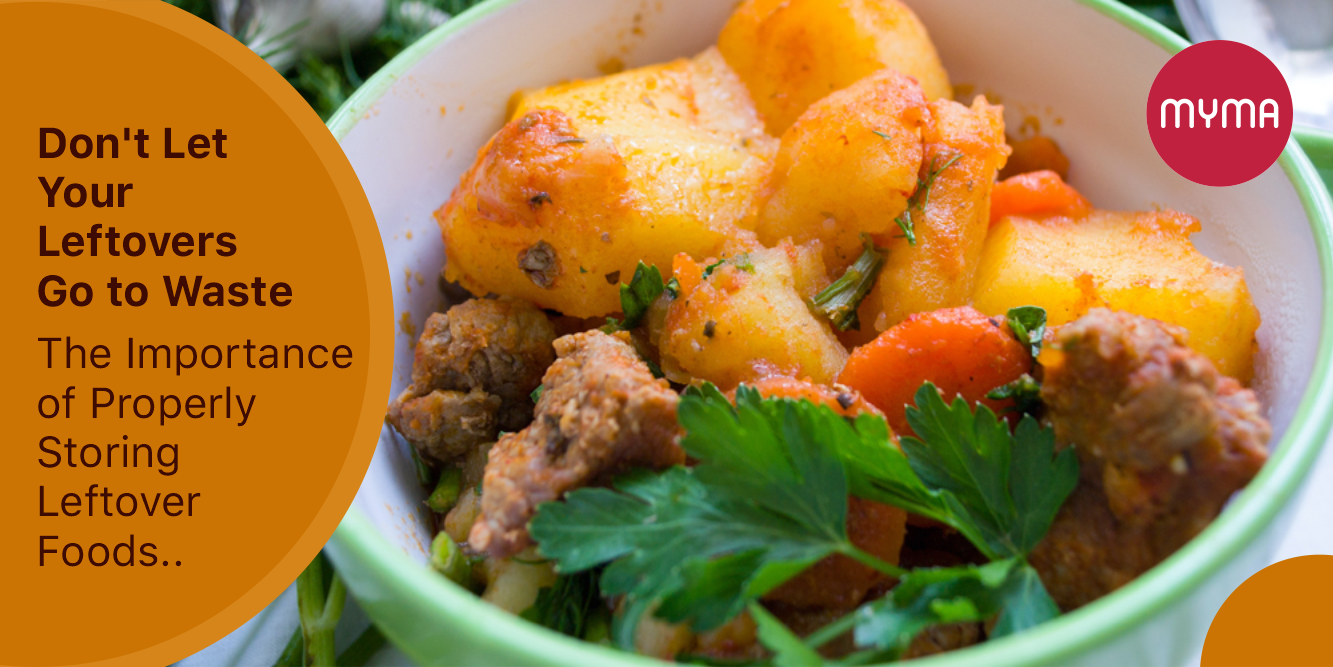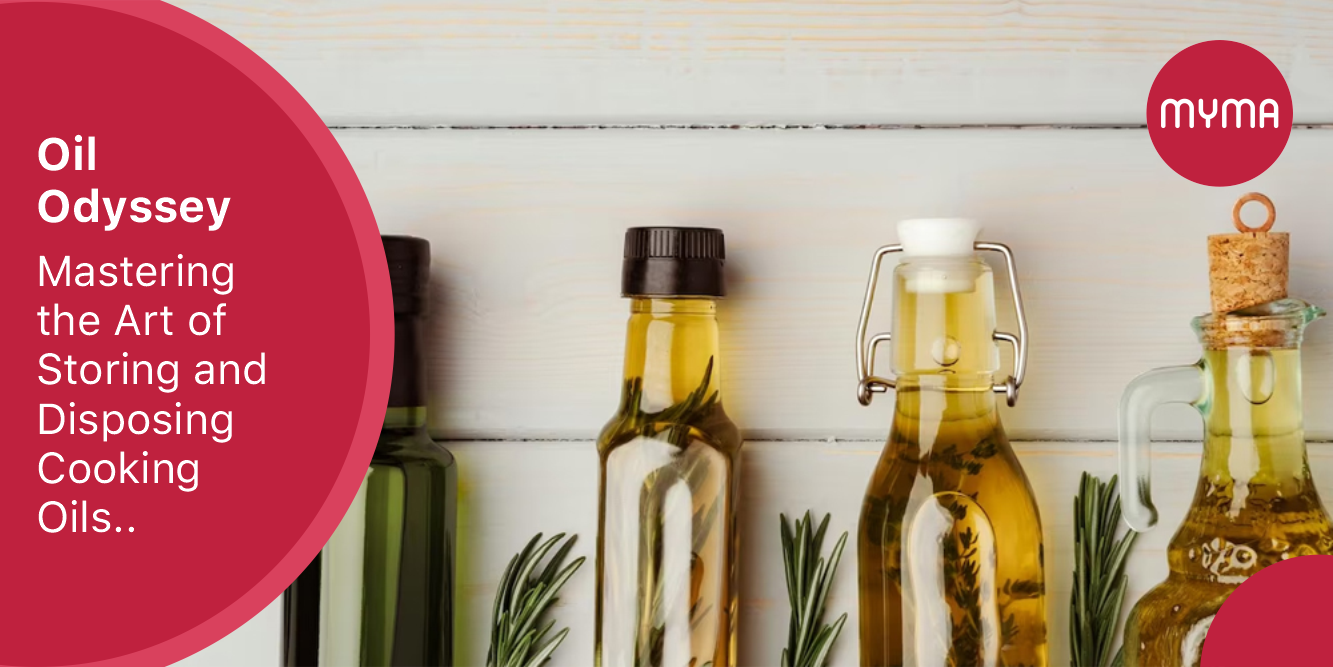When it comes to food safety, there are many factors to consider. One important factor is the proper storage of leftover foods. Many people overlook this step and end up with spoiled or contaminated food. In this blog post, we will discuss the importance of properly storing leftover foods and how to do it effectively.
1: The Risks of Improper Food Storage
Improper food storage can lead to the growth of harmful bacteria, which can cause food poisoning. It is important to properly store leftover foods to prevent the growth of bacteria and the risk of foodborne illness.
2: Understanding the Shelf Life of Leftovers
Different types of foods have different shelf lives when stored in the refrigerator or freezer. Understanding the shelf life of leftovers can help you determine how long they can be stored and when they need to be thrown away.
3: Proper Storage Containers
Choosing the right storage containers is important for food safety. Glass, plastic, and stainless steel containers with tight-fitting lids are the best options for storing leftovers.
4: Labeling Leftovers
Labeling leftovers with the date they were stored can help you keep track of how long they have been in the refrigerator or freezer. This can help you avoid consuming spoiled food.
5: The Importance of Refrigeration and Freezing
Refrigeration and freezing are essential for keeping leftovers fresh and safe to eat. It is important to refrigerate or freeze leftovers as soon as possible after cooking or serving.
6: Reheating Leftovers
Reheating leftovers can be done safely if done properly. It is important to reheat leftovers to an internal temperature of at least 165 degrees Fahrenheit to kill any harmful bacteria.
7: When in Doubt, Throw It Out
If you are unsure about the safety of a leftover, it is best to err on the side of caution and throw it out. Consuming spoiled or contaminated food can have serious health consequences.
8: Conclusion
Properly storing leftover foods is an important aspect of food safety. By following the tips outlined in this blog post, you can help ensure that your leftover food is safe to eat. Remember to always label your leftovers, choose the right storage containers, and refrigerate or freeze them promptly. When in doubt, throw it out to avoid the risk of foodborne illness. Don’t forget to practice safe food storage to keep yourself and your loved ones healthy.
Myma… Ghar jaisa nahi, Ghar ka khana!





